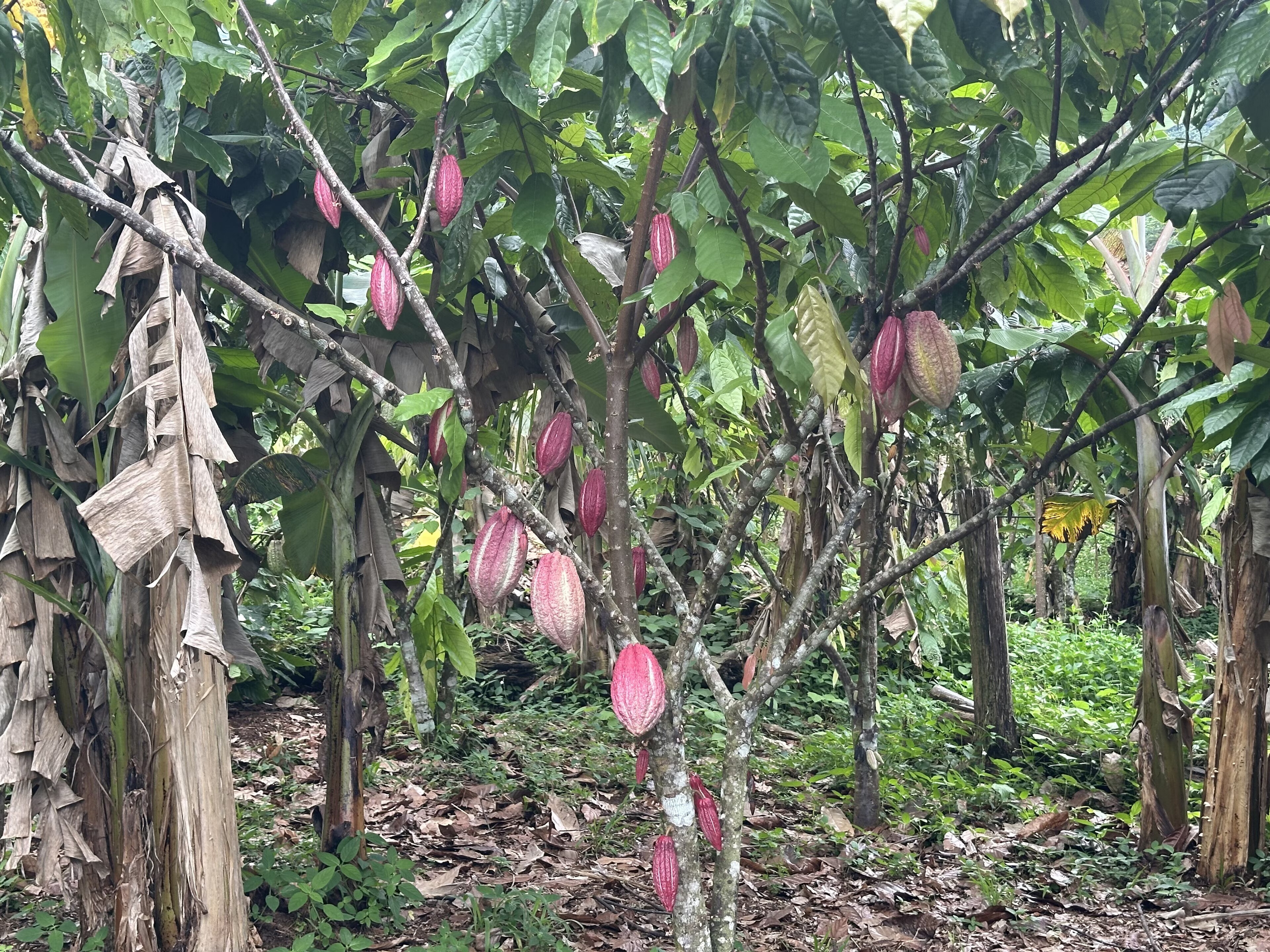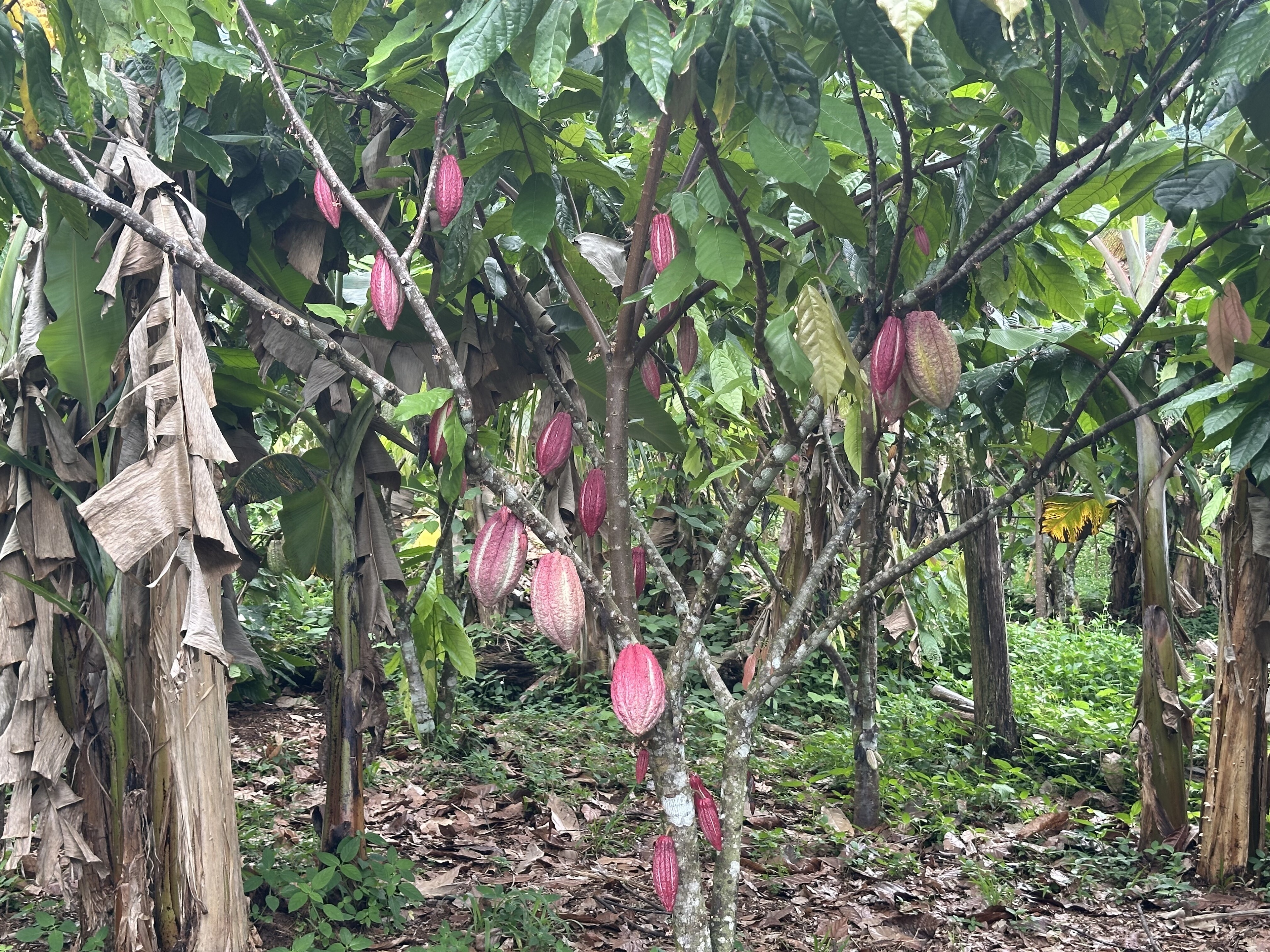
チョコレートの未来を変える、補完的サプライチェーン
チョコレートやカカオ製品は数十億の人々に喜びをもたらしますが、この贅沢品を食卓に届けるサプライチェーンは厳しい状況に直面しています。気候に配慮した農業、発酵チョコレート、培養カカオといった補完的サプライチェーンが、森林破壊の削減、供給の多様化、価格の安定化への道を開きます。
Chiara leads Commercialization at Savor. She is passionate about highly scalable approaches for climate change mitigation and how to bring them to the 8 billion eaters on planet Earth.
In her previous role as CEO of Future Food Americas, she has worked with Fortune 500 F&B companies, supporting them in creating innovation strategies and launching SKUs able to advance the UN Sustainable Development Goals.
Chiara is a Partner at Future Food Institute and a Board Member at Food for Climate Leagues, two NGOs leveraging education and behaviour change strategies to promote climate-beneficial food choices. She lectures about sustainable business and innovation at San Francisco State University and has been recognized as Forbes 30 Under 30 Europe for Social Entrepreneurship in 2020.
When she’s not working, she runs around with her family, harvests honey, bakes bread and writes poems.
チョコレートやカカオ製品は数十億の人々に喜びをもたらしますが、この贅沢品を食卓に届けるサプライチェーンは厳しい状況に直面しています。気候に配慮した農業、発酵チョコレート、培養カカオといった補完的サプライチェーンが、森林破壊の削減、供給の多様化、価格の安定化への道を開きます。
Complementary supply chains, with climate‑smart farming, fermentation‑based chocolate or cell‑cultured cocoa, offer a path to a sustainable cocoa market.
Climate and sustainability needs system-level change, not guilt. Make eco-friendly choices easy, appealing and normal just like public health did with anti-smoking.
Food production makes up 25% of CO2 emissions and, while we know the impact diet has on the environment, we need to do more to encourage greener eating.
Companies are trying to capture the rise in demand for innovative packaging solutions using cutting-edge tech or never-before-seen ingredient combinations.
人们对气候友好型食品越来越感兴趣,但消费者们表示他们很难知道自己所选择的食品是否有利于环境可持续发展。
From complex labels to opaque sourcing and unclear carbon impact, consumers find it hard to know if their food choices are environmentally sustainable.
Five simple things we can do to have a healthier relationship with water and our environment in the future.
With the planet's growing population still craving meat, only switching to plant-based alternatives can put food on everyone's plates without massive environmental damage.







